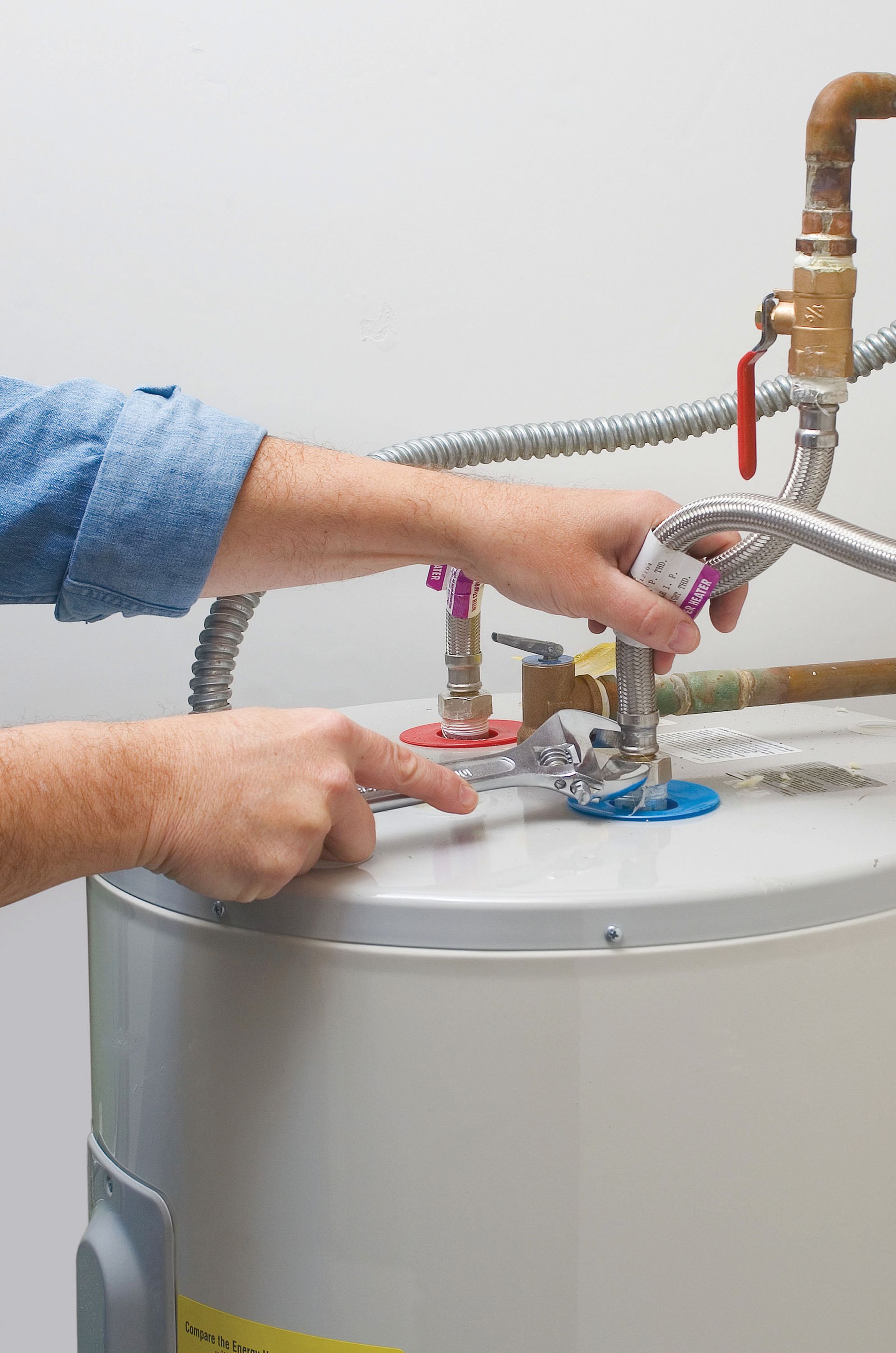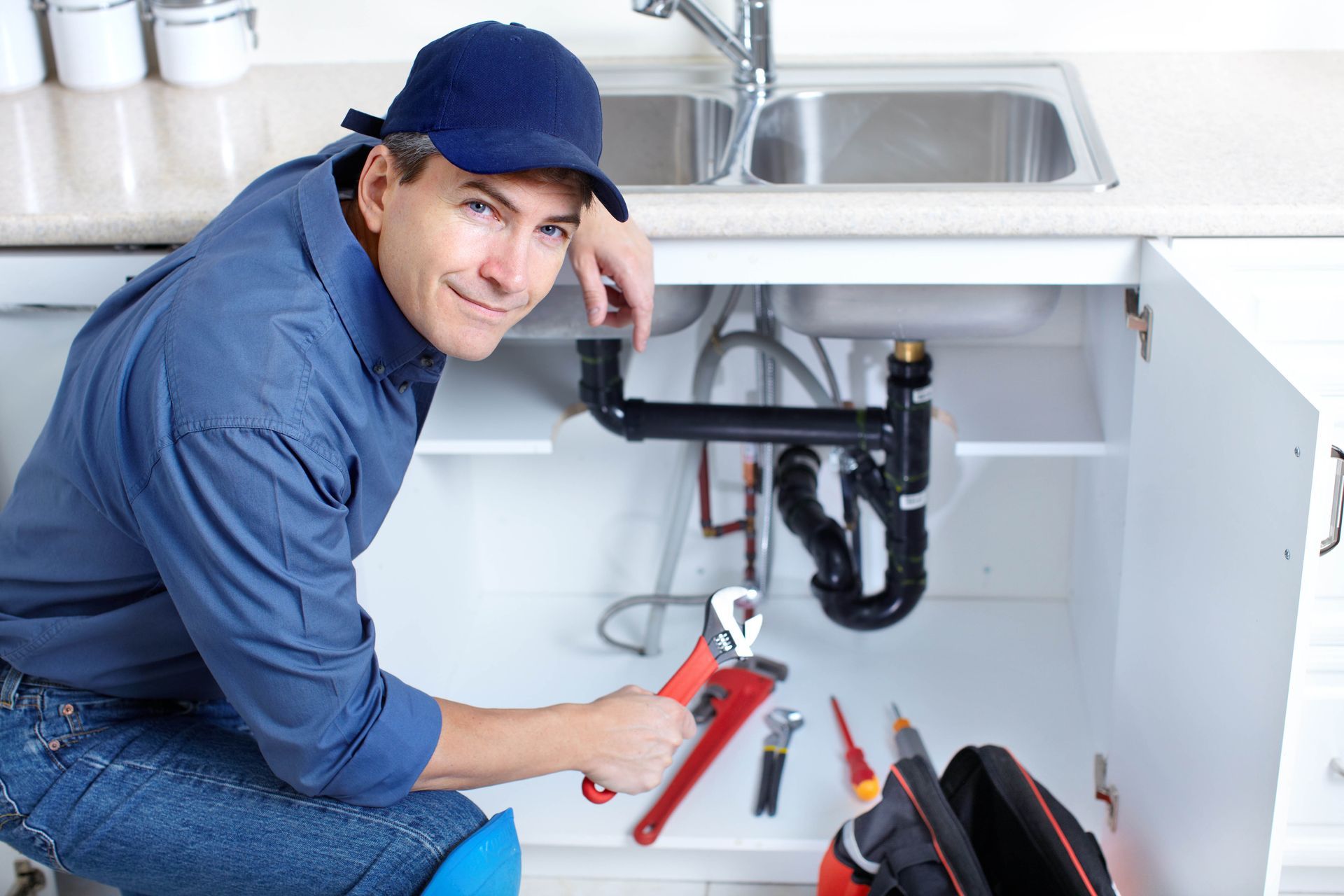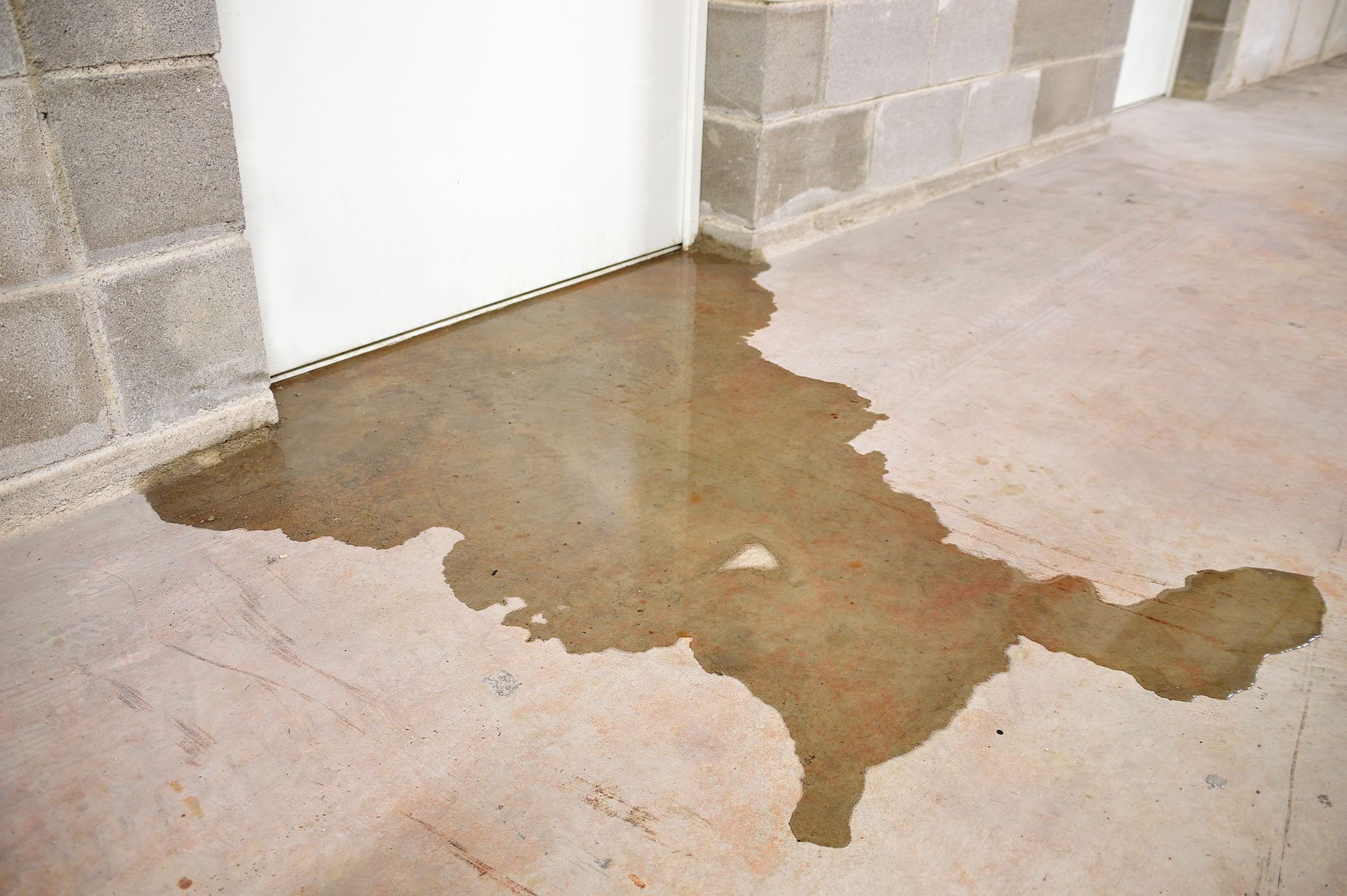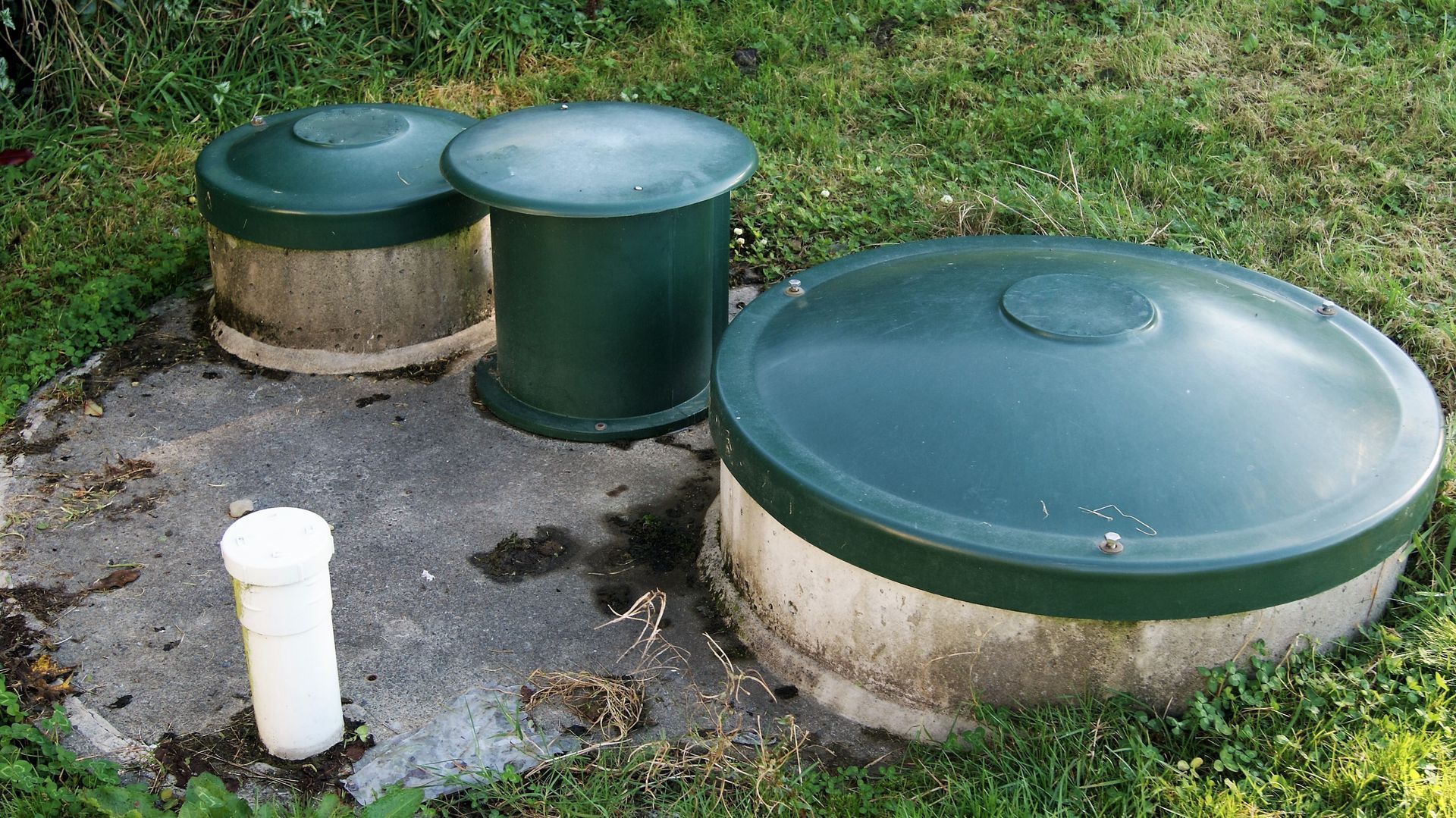Water Heater Repair vs. Replacement: What You Need to Know
A malfunctioning water heater is a common household issue, and deciding whether to repair or replace it can be daunting. Each option comes with its own set of benefits and costs, and understanding the key factors involved can save you time, money, and stress. In this blog post, we will explore the differences between water heater repair and replacement, helping you make an informed choice that suits your needs, budget, and long-term goals.
Assessing the Age, Condition, and Maintenance History
The age and condition of your water heater are critical factors in deciding whether to repair or replace it. An aging water heater unit is more prone to leaks, sediment buildup, and corrosion, which can lead to frequent breakdowns, higher utility bills, and reduced efficiency. In many cases, even if a repair is possible, it may only serve as a short-term fix for a system that is nearing the end of its service life.
Regular maintenance—such as flushing the tank annually, checking the anode rod, and inspecting valves—can extend the life of your water heater and reduce the need for emergency repairs. When evaluating whether to invest in water heater repair or replacement, always take into account the maintenance history and how well the system has been cared for over the years.
Comparing the Costs, Expenses, and Long-Term Value
Financial implications play a significant role in the repair-versus-replacement decision. Repairing a malfunctioning water heater is usually less costly upfront than purchasing a new unit, and for minor issues, water heater repair can be the most practical solution.
That said, it is important to look beyond the initial expense. If your water heater requires frequent repairs—such as thermostat replacements, valve fixes, or leak patches—these costs can quickly add up, sometimes exceeding the price of a new, more efficient model. Conducting a cost-benefit analysis is key: compare the expenses of anticipated repairs over the next few years to the one-time cost of replacement.
Another consideration is warranty coverage. New water heaters often come with multi-year warranties that protect you from unexpected expenses. In contrast, an older unit that has outlived its warranty may result in repair costs coming entirely out of pocket. When repairs become too frequent or expensive, replacement is often the smarter investment.
Evaluating the Energy Efficiency, Savings, and Environmental Impact
Aside from immediate costs, energy efficiency plays a major role in your decision. According to the U.S. Department of Energy, tankless water heaters can be around 24–34% more energy efficient than traditional storage tank models, depending on household water usage. Over time, this efficiency can translate into substantial savings on your utility bills.
If your current water heater is older, even with water heater repair, it may still operate at a lower efficiency than newer models. Modern units are designed with improved insulation, better heating elements, and advanced controls to optimize performance. In addition to lowering energy costs, upgrading to an efficient model can reduce your household’s carbon footprint, which is a growing priority for many homeowners.
Considering the Future Home Value and Resale Appeal
The state of your water heater can also influence your home’s resale value. Installing a modern, efficient water heater can be a selling point for prospective buyers, particularly those who value low utility costs and sustainable living. While water heater repair may extend the life of your current system, replacing it with a high-efficiency or tankless unit could enhance your home's marketability.
Real estate agents often note that updated utilities, including the water heater, can help set your property apart from others. A documented installation of a new, energy-efficient water heater can reassure buyers that they won’t face immediate replacement costs after moving in.
Deciding between repair and replacement requires careful consideration of age, cost, energy efficiency, environmental impact, and potential home value. While repair can be a sensible choice for newer or well-maintained units, replacement often provides better long-term value, especially when efficiency and reliability are priorities. By weighing the pros and cons for your specific situation, you can choose the option that best fits your budget and lifestyle—ensuring comfort, savings, and peace of mind for years to come. For all of your water heater needs, contact Dynamerican Plumbing, HVAC, Excavating, Septic & Drain today!





Share On: